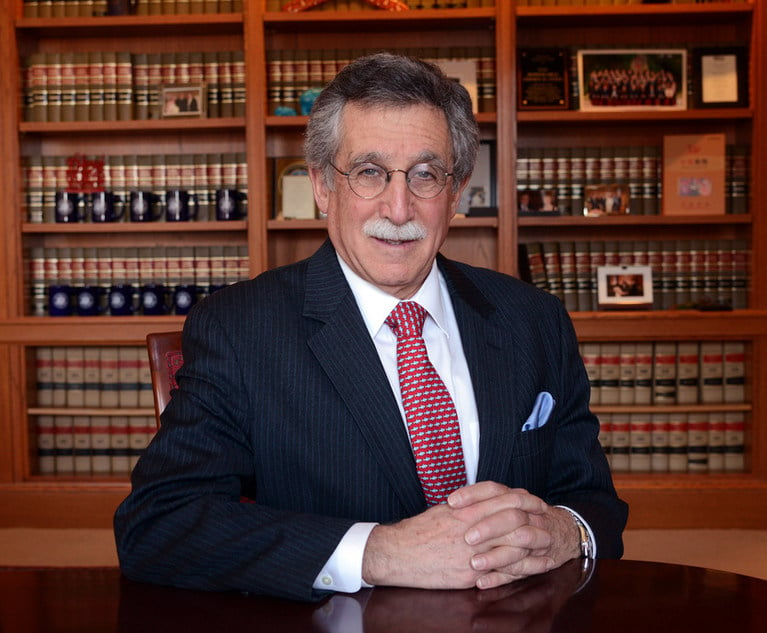
But the judge warned that if the bank fails to name new attorneys by June 2, it "will be deemed in default."
May 03, 2022 at 06:00 PM
4 minute read
The original version of this story was published on Law.com International
Presented by BigVoodoo
Law firms & in-house legal departments with a presence in the middle east celebrate outstanding achievement within the profession.
The premier educational and networking event for employee benefits brokers and agents.
The Legal Intelligencer honors lawyers leaving a mark on the legal community in Pennsylvania and Delaware.
Atlanta s John Marshall Law School is seeking to hire one or more full-time, visiting Legal WritingInstructors to teach Legal Research, Anal...
Shipman is seeking an associate to join our Labor & Employment practice in our Hartford, New Haven, or Stamford office. Candidates shou...
Evergreen Trading is a media investment firm headquartered in NYC. We help brands achieve their goals by leveraging their unwanted assets to...
MELICK & PORTER, LLP PROMOTES CONNECTICUT PARTNERS HOLLY ROGERS, STEVEN BANKS, and ALEXANDER AHRENS
